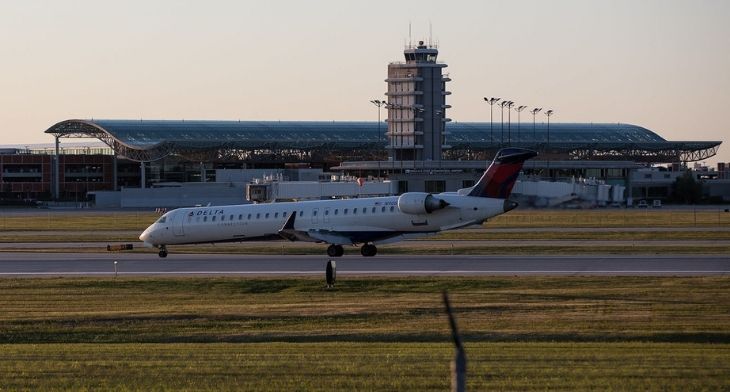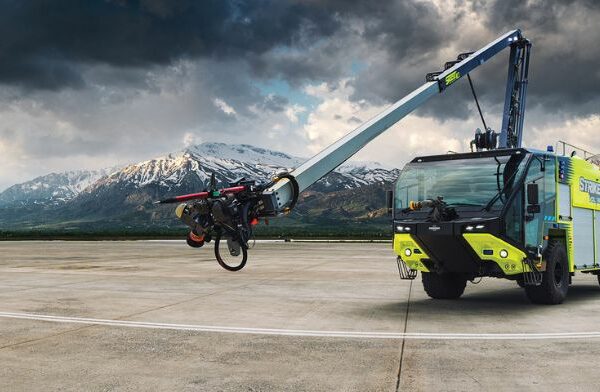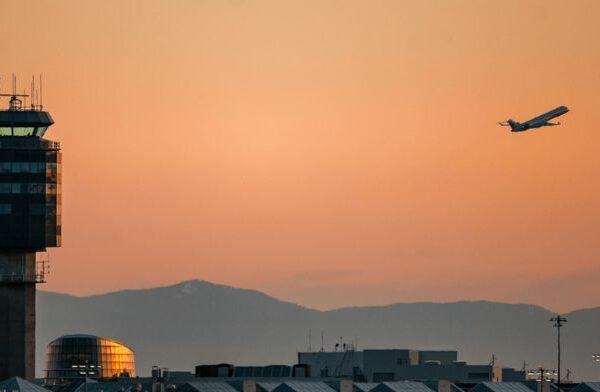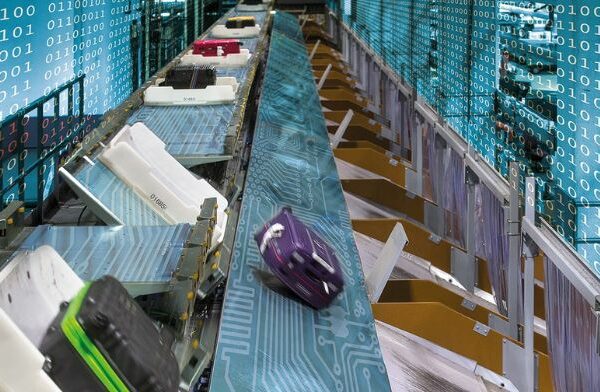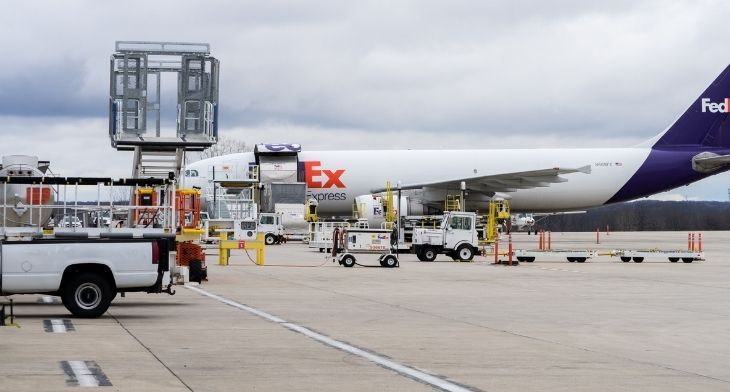


As the closest airport to Pfizer’s Kalamazoo manufacturing operations in Michigan, Gerald R Ford International Airport in the US is prepared to serve as a national and international gateway for Pfizer’s COVID-19 vaccine.
With a 10,000 ft. runway, dedicated cargo facility and the appropriate ground support Ford Airport has the necessary infrastructure needed to support the transportation process. Critically it also the capacity needed to stage and transport billions of doses of the vaccine, which must be kept at -94 Fahrenheit.
The first cargo plane carrying the vaccine for domestic use departed from Gerald Ford Airport on 13 December, with tens of thousands of shipments expected to deliver the life-saving vaccine to locations across the US and around the world in the coming months. Airport officials have already been in discussion with four global carriers that have expressed an interest in transporting the widely anticipated vaccine.
“We’re here, we’re ready to help and we’re eager to get to work,” said Torrance Richardson, president and CEO of the Gerald R. Ford International Airport Authority. “We have invested in the infrastructure needed to accommodate the wide-body aircraft that will be used to transport the vaccine – and we have the team in place ot handle the aggressive delivery schedule.”
Since the start of the pandemic, Ford Airport has adopted a number of measures to ensure its passengers and staff stay as safe and comfortable as possible through its Fly Safe. Fly Ford. campaign. The airport has also announced it will also serve as a COVID-19 drive-up test site for guests and the local community.
Commenting further on the airport’s role in transporting the vaccine, Richardson added: “Ford Airport is honoured to be a key part of the distribution chain for Pfizer’s life-saving vaccine. We often say our airport is the gateway to the world – this gives us the opportunity to underscore that in an exceptionally meaningful way.”
